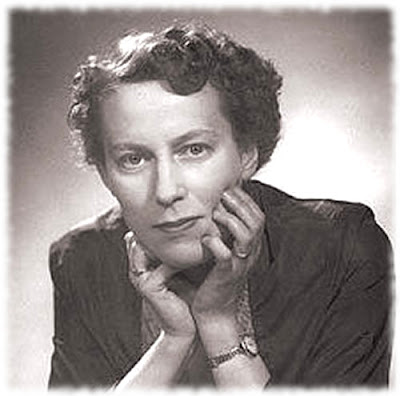One Grammy - no orchestra

"The fact that John McLaughlin Williams (above) doesn't have an orchestra of his own is a disgrace," says musicologist, critic and producer Walter Simmons, who employed Williams on CDs devoted to the little-known American romantic Nicolas Flagello.Read the full article by Mark Styker in today's Detroit Free Press. Sometime Overgrown Path contributor John McLaughlin Williams won a Grammy in 2007 for his recording of Messiaen's Oiseaux Exotiques. Learn about the Berlin Philharmonic's first black conductor here.
How can a conductor as obviously talented as Williams remain hidden in plain sight? The answer has to do with his relatively late start and the circuitous path he took to the podium, the unusual repertoire he has chosen to champion and the vagaries of a business in which the best musicians don't always get the best gigs.
"It's really been a guerilla campaign," says Williams. "There's a chute that most conductors go through, but I came in through the side door. I missed certain contacts that help get to that next level. It's not that I won't get there, but it definitely takes more work."
"How people react to me in a racial sense is completely subjective and something they keep to themselves," Williams says. "Not that I suspect any skullduggery. I don't, but you never can tell. I've had older black conductors tell me their careers were completely marked out by race, and I believe that's true. But they're older, and things have changed in great ways in this country."
Photo credit Susan Tusa/Detroit Free Press. Any copyrighted material on these pages is included as "fair use", for the purpose of study, review or critical analysis only, and will be removed at the request of copyright owner(s). Report errors to - overgrownpath at hotmail dot co dot uk









Comments
Hugh Wolff and Kent Nagano, 1985;
Catherine Comet, Jahja Ling, and Neal Stulberg, 1988;
Kenneth Jean and Carl St. Clair, 1990;
David Loebel and Christopher Wilkins, 1992;
Robert Spano, 1994;
Alan Gilbert and David Robertson, 1997;
William Eddins, 2000; and
JoAnn Falletta and Miguel Harth-Bedoya, 2002.
The U.S. taxpayer supported award was worth $50,000; which would have helped support an American middle-class family of three or four for perhaps three years.
http://en.wikipedia.org/wiki/Seaver/National_Endowment_for_the_Arts_Conductors_Award
*
(I recall that American composer John Adams was one of about two and one-half dozen American composers who received a National Endowment for the Arts composing fellowship of $5,000 in 1979. Later, he received significantly larger NEA composing fellowships.)
(And we won't even get into female conductors and the stunning amount of backlash when they are introduced, see: Marin Alsop.)